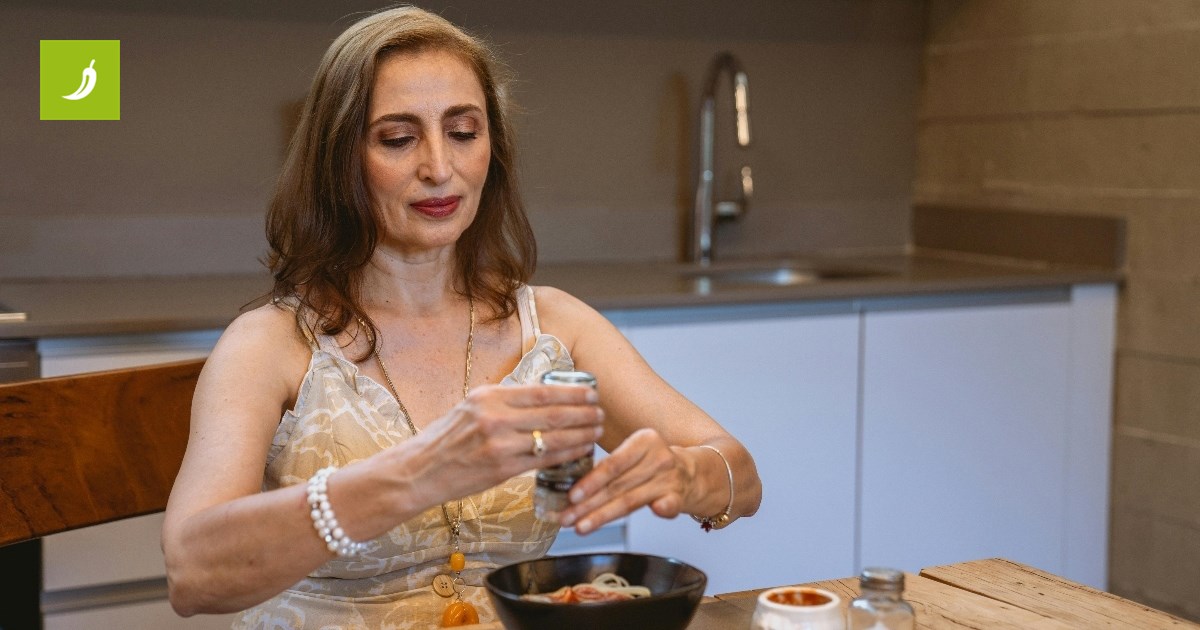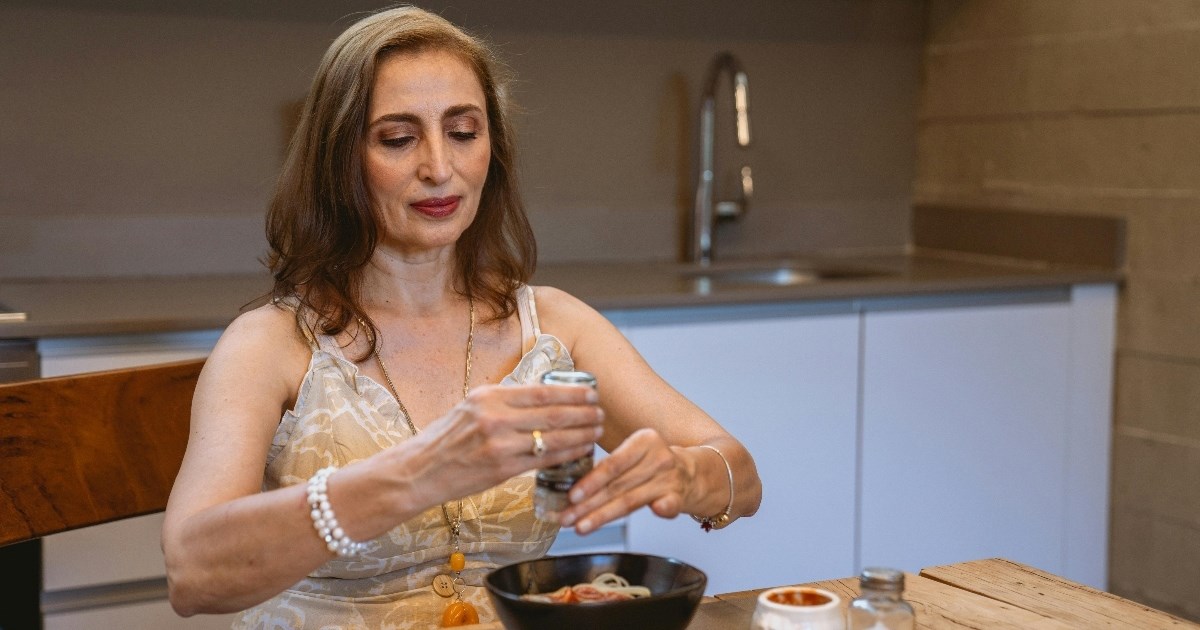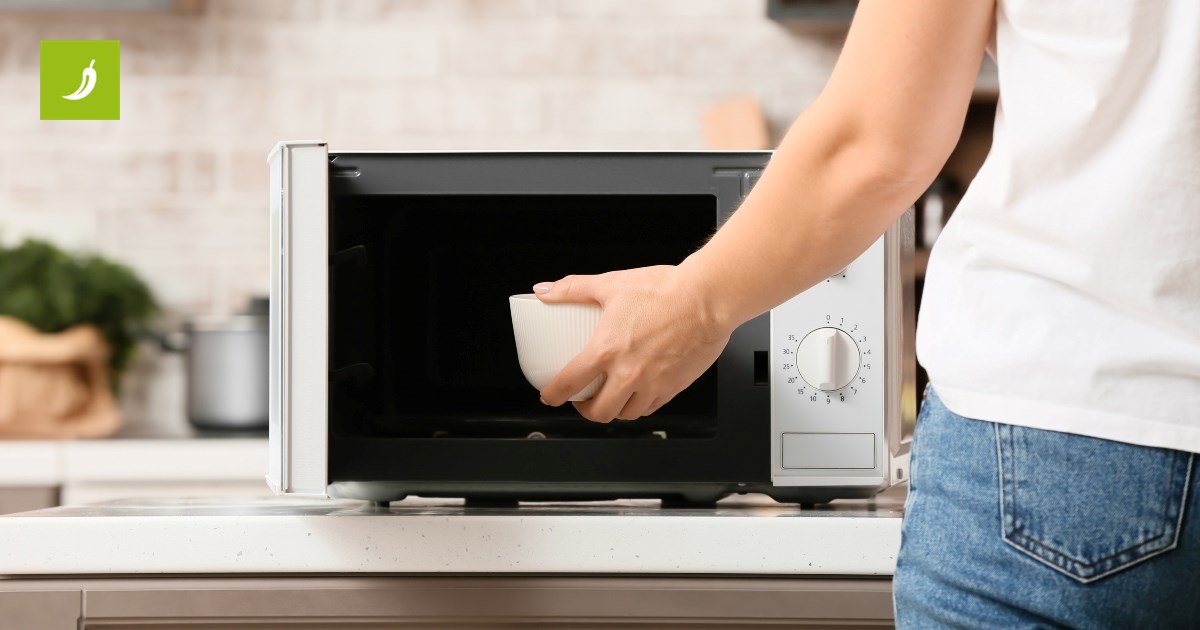Did you know that one of the most common ingredients in your kitchen could be a silent killer of your heart? Yes, we’re talking about salt! Cardiologists worldwide are sounding the alarm because excessive salt intake directly raises blood pressure and increases the risk of heart disease and stroke. But it’s not just the salt you add yourself that’s the problem — the real bomb hides in the industrially processed foods we eat every day.
Salt – The Silent Enemy
High blood pressure, or hypertension, often shows no symptoms, so many people don’t even know they have it. However, experts warn that too much salt in the diet can be a major culprit. According to the British Heart Foundation, adults should not consume more than 6 grams of salt per day, roughly one flat teaspoon. Yet, the average person consumes much more, often unknowingly.
Where Does the Salt Hide?
Most of the salt we consume doesn’t come from the salt shaker but from processed foods — ready meals, snacks, bakery products, and even seemingly harmless breakfasts like cereals or cheese contain huge amounts of hidden salt. On labels, salt is often listed as sodium or sodium chloride. The British Heart Foundation recommends that daily sodium intake should not exceed 2.5 grams, which corresponds to the mentioned 6 grams of salt.
How Does Salt Affect the Body?
Salt helps the kidneys regulate the amount of water in the body, but when consumed in excess, blood vessels retain extra water. This increases pressure inside the vessels, which can lead to heart attacks and strokes. Cardiologists emphasize that blood pressure control is crucial, and proper nutrition and reducing salt intake are the simplest and most effective steps toward a healthier life.
What Can You Do?
First, check product labels and avoid those with high sodium content. Second, reduce consumption of industrially processed foods and snacks. Third, increase your intake of fresh fruits and vegetables, which help regulate blood pressure. And finally, regularly measure your blood pressure, especially if you are over 40.
Conclusion
Salt is not just a seasoning — it’s a potential enemy of your heart lurking in every meal. If you think it’s enough to avoid only the salt from the shaker, you’re mistaken. Industrial food is the main source of salt, and the consequences can be deadly. So next time you reach for snacks or ready meals, ask yourself — am I feeding my heart or slowly killing it?
If you’ve tried to cut down on salt but find it hard, you’re not alone. Share your experience or favorite trick to avoid salt in the comments — maybe your idea will save someone’s life!








































